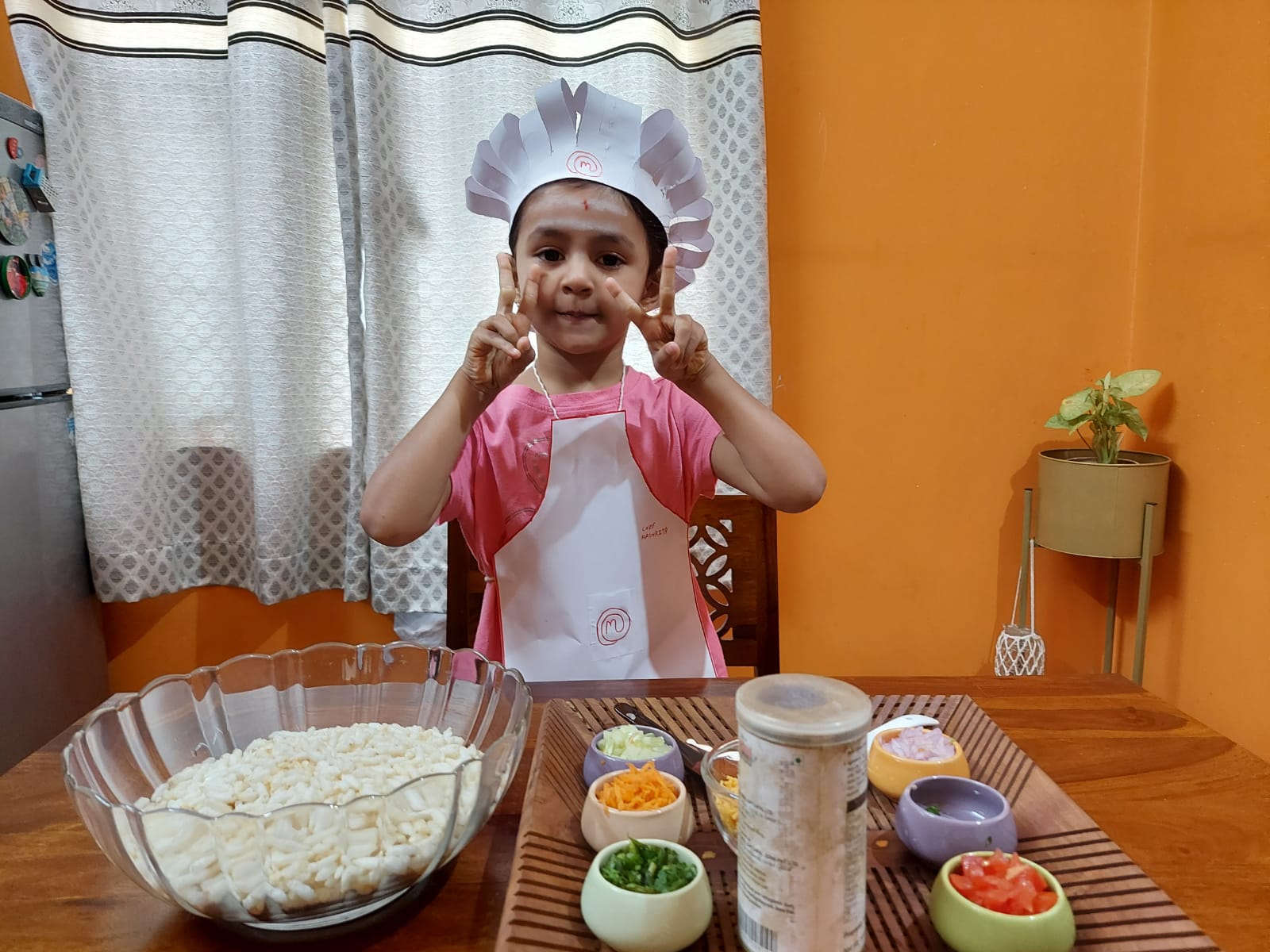Play is a vital part our lives – especially when we are children. Our first friends are our playmates or siblings. We learn how to share, communicate and connect through play. It’s almost one of the first skills we have.
Research has shown that the ability to play breeds creativity and transforms learning – especially in the early years.
To mark Universal Children’s Day today – the anniversary of the Declaration of the Rights of the Child being adopted by the United Nations – we are spotlighting the importance of play as part of early childhood development.
A child’s brain is 90% developed by the time they are five years old – and play is one five key areas of development along with health, nutrition, protection and learning.
Theirworld’s #5for5 campaign has been pressing for countries and donors to invest more in early childhood development and pre-primary education.
“Playing is skilful work. It is important because it can help children develop physically, cognitively, linguistically and emotionally,” said consultant clinical psychologist Dr Rachel Andrew of UK-based Time Psychology Ltd.
Quo mutat audiam
- Learning program with after-school
- Opportunities to scientific experiments
- Positive learning environment
- Individual attention in small classes


